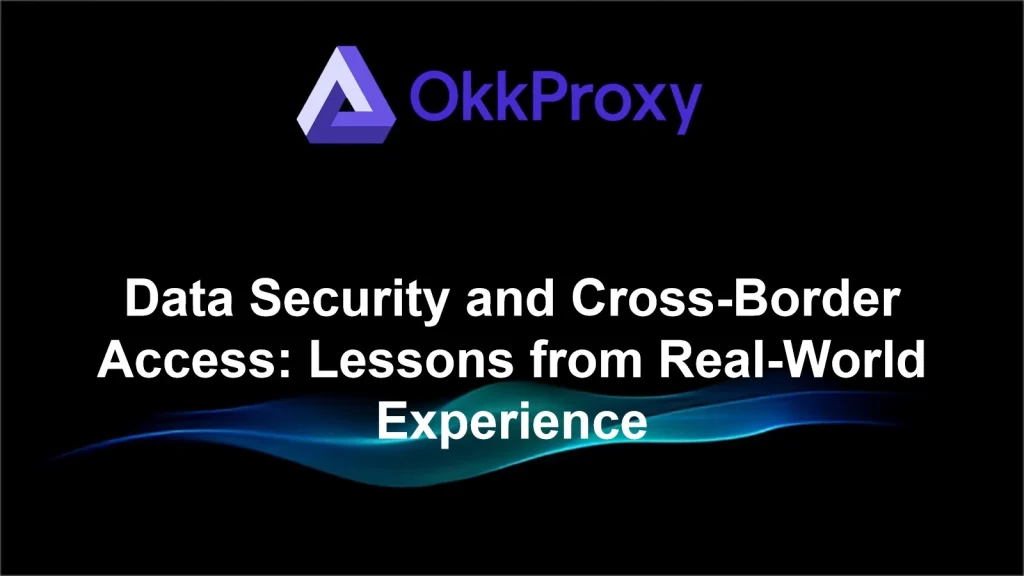In today’s digital and globalized environment, data security is no longer optional—it’s the foundation of sustainable business.
From access control to encryption and cross-domain compliance, every small decision contributes to a more resilient system.
1. Start with the Principle of Least Privilege
In one of my early projects, a shared drive was mistakenly given open access. This led to confidential information being exposed to irrelevant users. Luckily, no major loss occurred, but it taught me a crucial lesson:
Too much access is as dangerous as no control at all.
Since then, I’ve followed a strict “least privilege policy” — give access only to those who need it.
It adds a bit of management overhead, but the peace of mind it brings is well worth the effort.
2. Encryption and Backup Are Non-Negotiable
Many teams treat encryption and backups as “optional.” In reality, they’re the last line of defense.
I once experienced a database crash due to a server fault. Without encrypted, off-site backups, the data loss would have been catastrophic. From that point, I made encryption and multi-point backups part of our routine workflow, not an afterthought.
3. The Challenge of Cross-Domain Access & Compliance
For businesses operating globally, restricted access and compliance issues are common pain points.
Unstable network routes or blocked regions can disrupt analytics, automation, or even daily operations.
To solve this, I began using residential proxy networks, which route traffic through real household IPs—making it appear as normal user activity.
Services like OkkProxy offer residential IPs from over 200 countries, ensuring stable access and reducing compliance risks associated with data transmission across domains.
4. Data Security Awareness Is the Strongest Defense

Most breaches don’t happen due to poor technology—but due to human mistakes.
Clicking suspicious links, sharing credentials, or neglecting 2FA are all simple errors that can lead to big consequences.
That’s why I emphasize security awareness training as part of every team’s routine.
Technology may protect systems, but only awareness can protect people.
Conclusion
Data security is a continuous journey, not a single solution.
It requires a balanced approach—least privilege access, encryption and backups, secure cross-domain connections, and awareness-driven culture.
For global teams, combining these principles with trusted residential proxy services can ensure both stability and compliance.
In the end, security isn’t just about protection—it’s about enabling long-term, sustainable growth.
